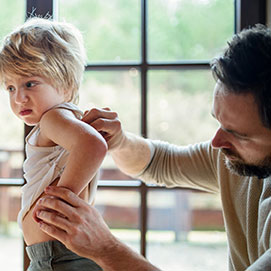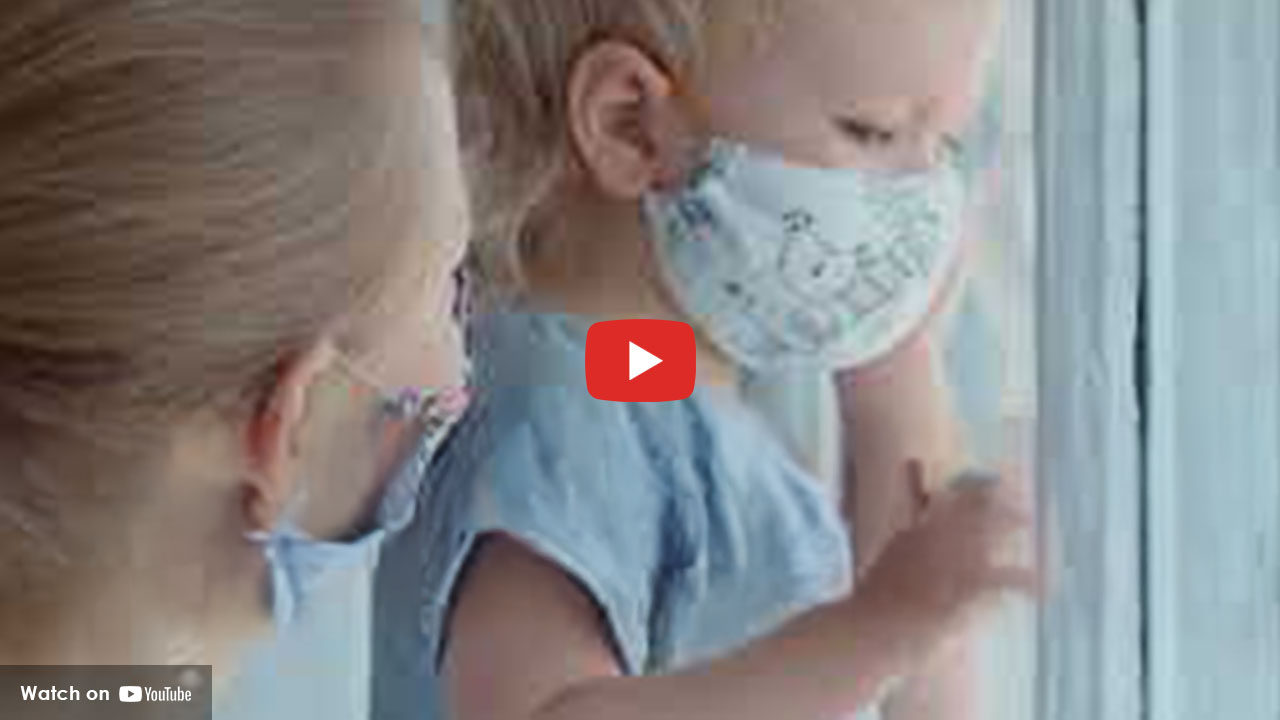
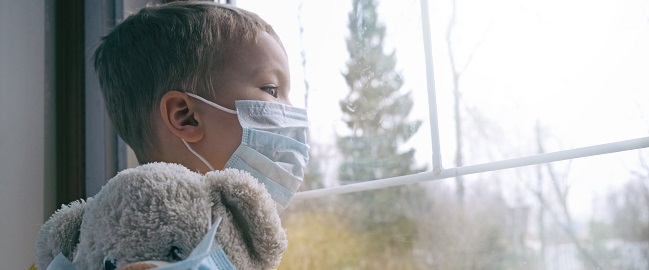
Updated: 11/1/22
Information regarding COVID-19 and vaccines are continually evolving, new details may be available since this content was developed. Please visit the CDC's website for the most up to date information.
You tried your best to follow all the guidelines to keep you and your family safe from COVID-19, but still, your child tested positive. What do you do now? Pediatric infectious disease expert, Aryeh Zvi Baer, M.D., shares five ways to care for your child if they’ve tested positive for COVID-19.
“Every family’s situation will be different, depending on their child’s age, care options, how many people live with them and the setup of your home, but you should take these tips and apply them practically to fit your family,” advises Dr. Baer.
1. Designate one primary caregiver for your child.
A caregiver should be designated to care for your child, preferably this should be someone who recently had COVID or is fully vaccinated (and boosted) against COVID.
To decrease risk when caring for your child:
- The caregiver should remain masked when with your child.
- If possible, and the child is over the age of two, the child should wear a mask.
- Weather permitting, windows should be open to allow for adequate ventilation.
Children - and adults - should not wear a mask when they are sleeping.
2. Isolate your child at home - without making them feel isolated.
“The best thing to do is to keep the infected person separate from the rest of the family to prevent further spread of the virus, but with a child, this is obviously difficult and will require all of your parental skills to strike the right balance,” shares Dr. Baer.
If possible, your child should stay in a separate room of the home and use a separate bathroom if available. It’s best if the child can sleep and eat in a room separate from others.
Infants and young children cannot and should not be left in a room alone without a responsible caregiver for any sustained period.
Some older children and adolescents may be too anxious to remain in a room by themselves. Even a previously emotionally well-balanced child may find themselves in a panic when left alone, especially when they’re not feeling well.
If your child cannot be left alone in a separate room, that is okay, wear a mask and ensure the room is ventilated, if possible.
3. Monitor your child’s health at all times.
Keep a close eye on your child to monitor for any progressing or worsening symptoms.
“Your child should always be able to communicate to you that he or she is not feeling well. Children with COVID usually have only mild symptoms. However, when they do have more severe infection, symptoms may progress quickly. Ensure that you are there for your child if he or she needs you,” advises Dr. Baer.
Call 911 and seek emergency care for symptoms including:
- Breathing trouble
- Coughing so much they can’t catch their breath
- Not having enough breath to get a full sentence out
- Chest pain
- New onset confusion
- Bluish skin
- Inability to awaken or to stay awake
4. Coordinate activities to keep them busy and stay connected.
Even for older children who are relatively self-sufficient, being alone for extended periods of time is difficult, make sure you have enough activities to keep them busy and enough opportunities for social interaction with family and friends.
“FaceTime and video chatting is an excellent way for your child to keep close to loved ones, even when physically apart,” adds Dr. Baer.
5. Provide emotional support and understanding.
Isolation can be difficult for any child. Acknowledge this to your child, and assure them that even when alone, they are not alone.
“Make sure your child knows you will always be there for them. Remind your child that they are not at fault for having this infection, and that isolation is not a punishment,” adds Dr. Baer.
If a child is too young or immature to understand this concept, he or she likely should not be alone without a caregiver.
“The most important thing you can do as a parent is ensure that your child remains physically and emotionally safe. The pandemic will end. Your child is your child forever,” concludes Dr. Baer.
Follow the latest CDC guidelines for allowing your child to end isolation. The Centers for Disease Control and Prevention (CDC) advises people with COVID-19 to isolate themselves for five days.
- If you are asymptomatic or if symptoms are resolving (fever-free without the use of fever-reducing medication for 24 hours), follow isolation by wearing a mask for five days when around others.
- Speak to your child’s school about their return-to-school policy.
Family Members & Those Exposed Should Mask
After being exposed to COVID-19, you should wear a mask while around others and anytime outside the home for at least 10 days. Stay vigilant in monitoring how you feel, and if symptoms develop, isolate and get tested.
Remember that the best thing you can do is get your family vaccinated, and keep up with booster shots. The CDC recommends everyone ages six months and older get a COVID-19 vaccine and those five years and older get boosters.
Next Steps & Resources:
- Meet our source: Aryeh Zvi Baer, M.D.
- To make an appointment with Dr. Baer or a doctor near you, call 800-822-8905 or visit our website.
- Schedule you or your child’s COVID-19 vaccine appointment.
The material provided through HealthU is intended to be used as general information only and should not replace the advice of your physician. Always consult your physician for individual care.
Find a doctor near me
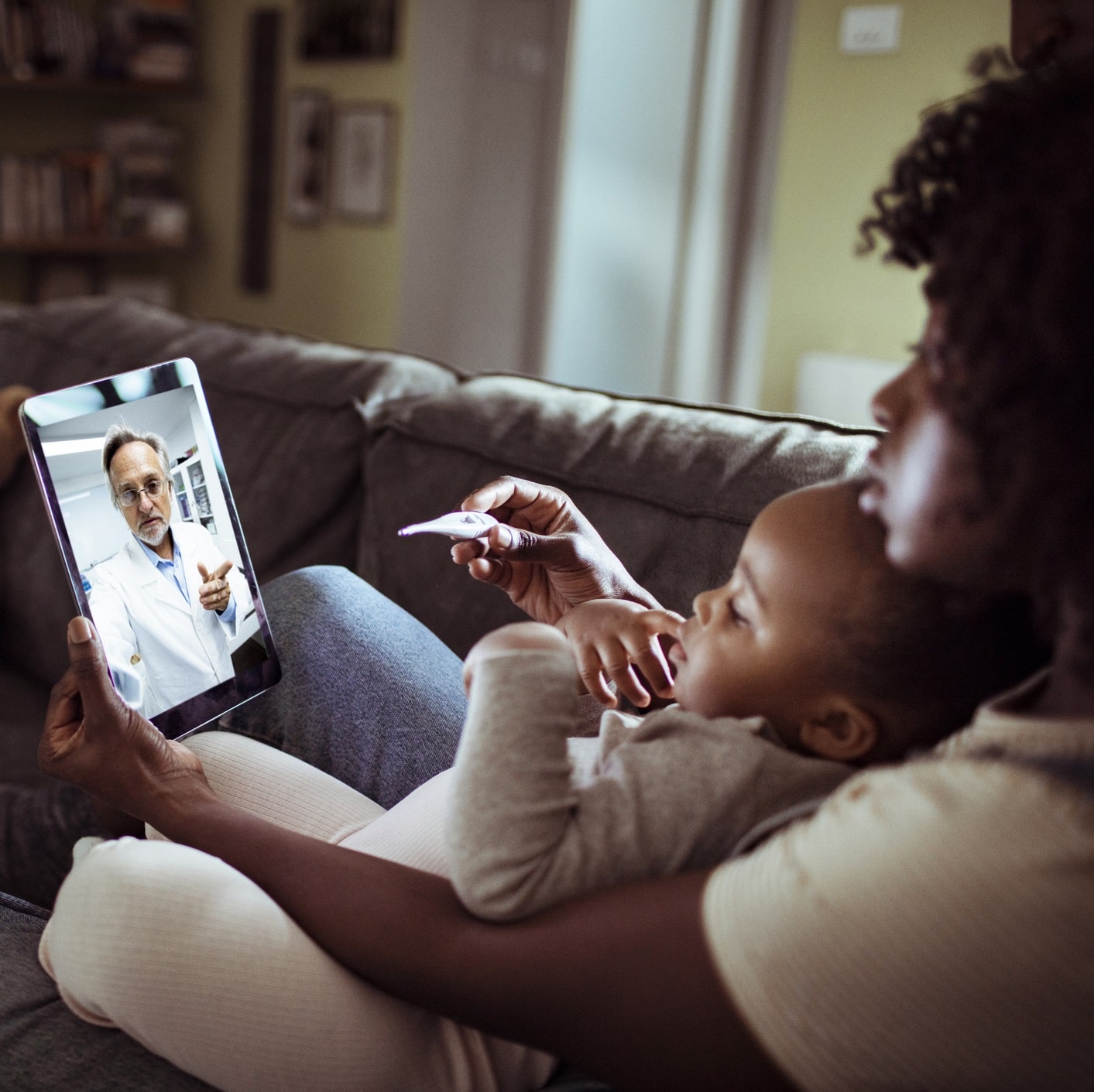
Reasons to Keep Your Child Home From School
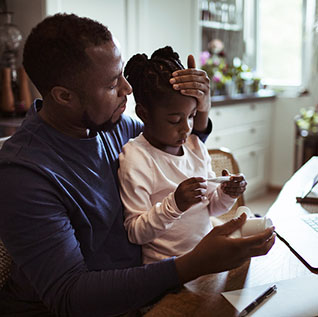
How to ID Common Kid Bugs
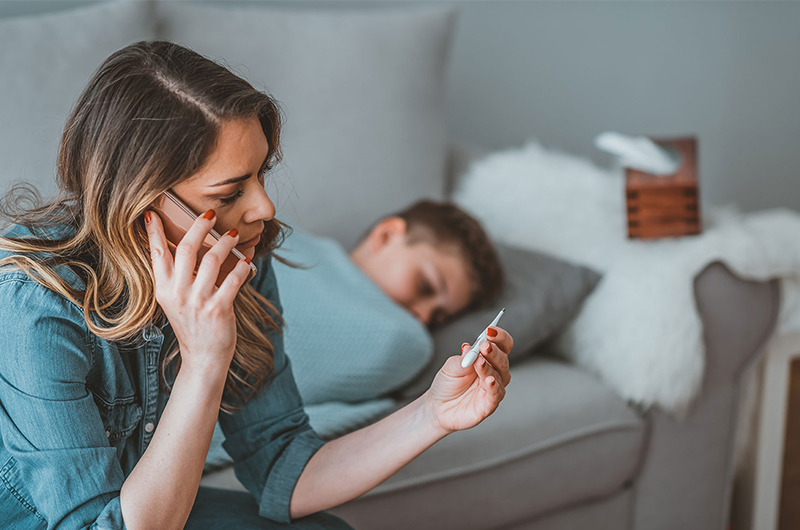
ER vs. Urgent Care vs. Pediatrician
